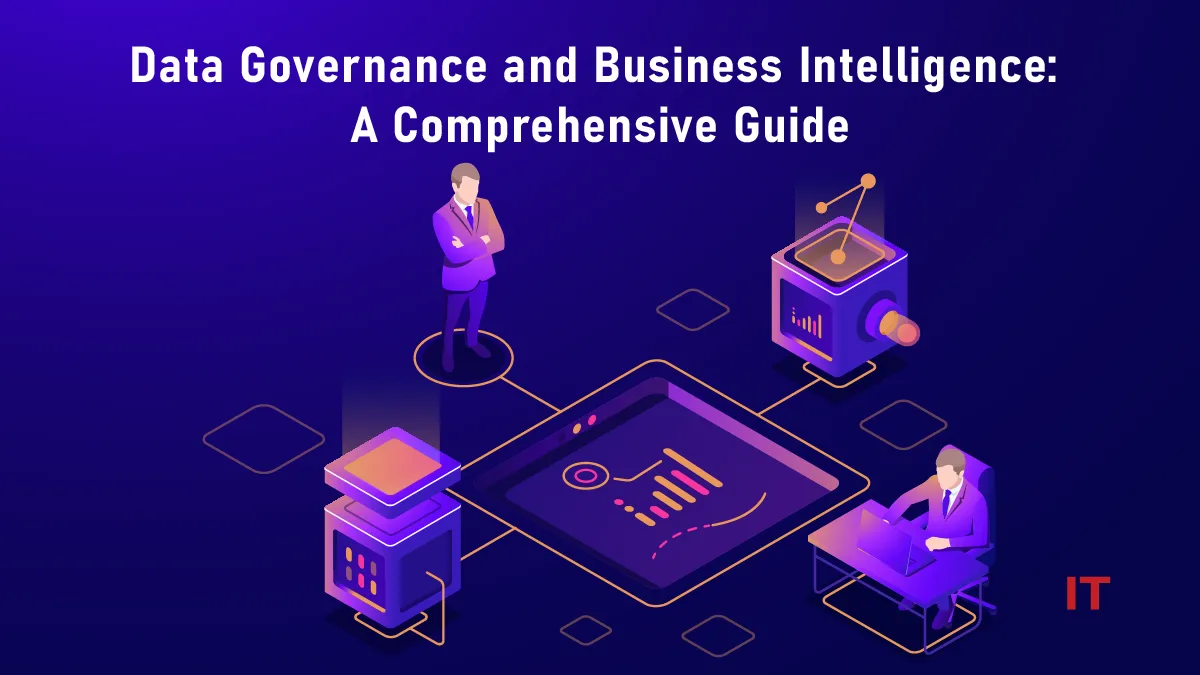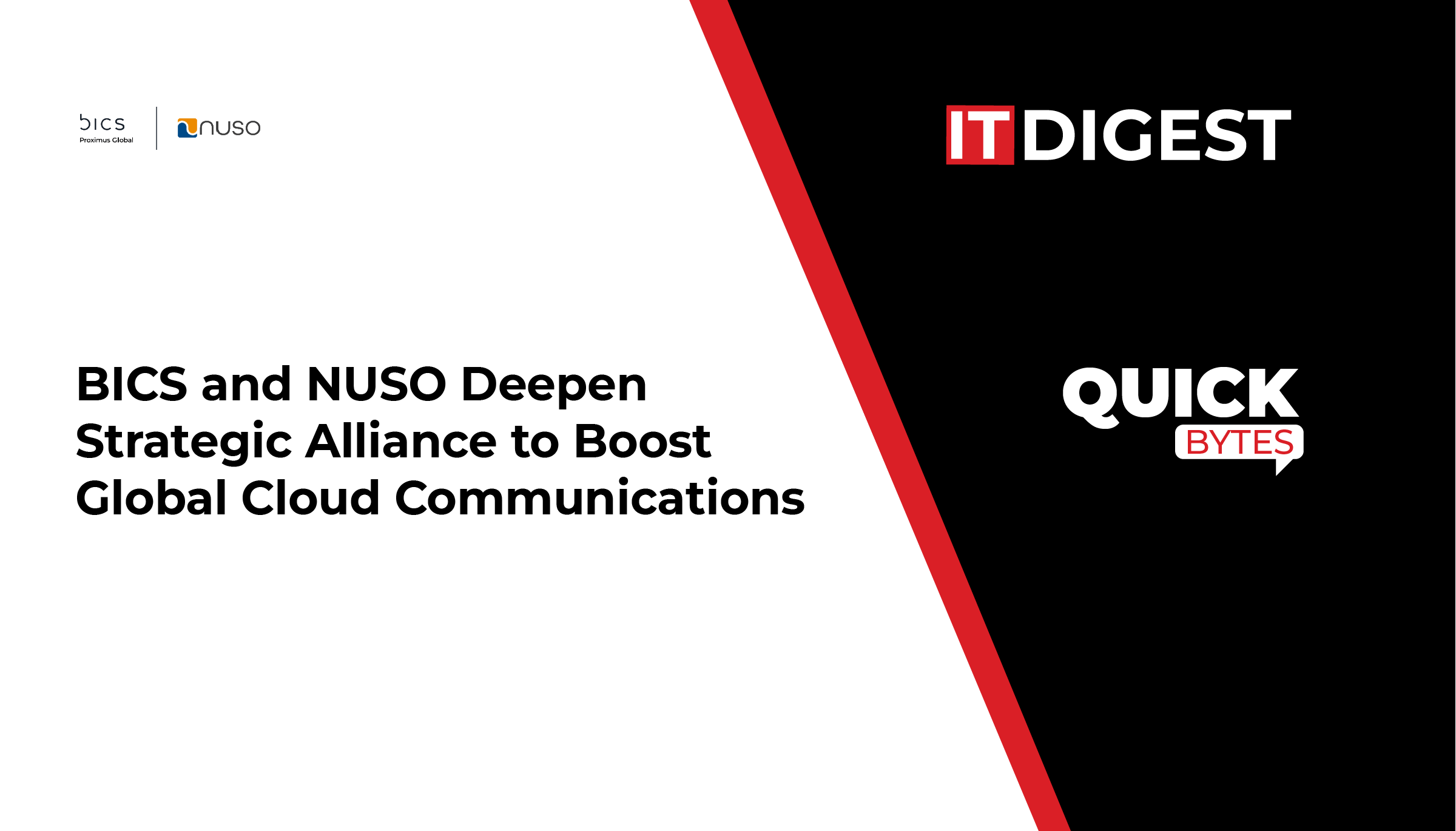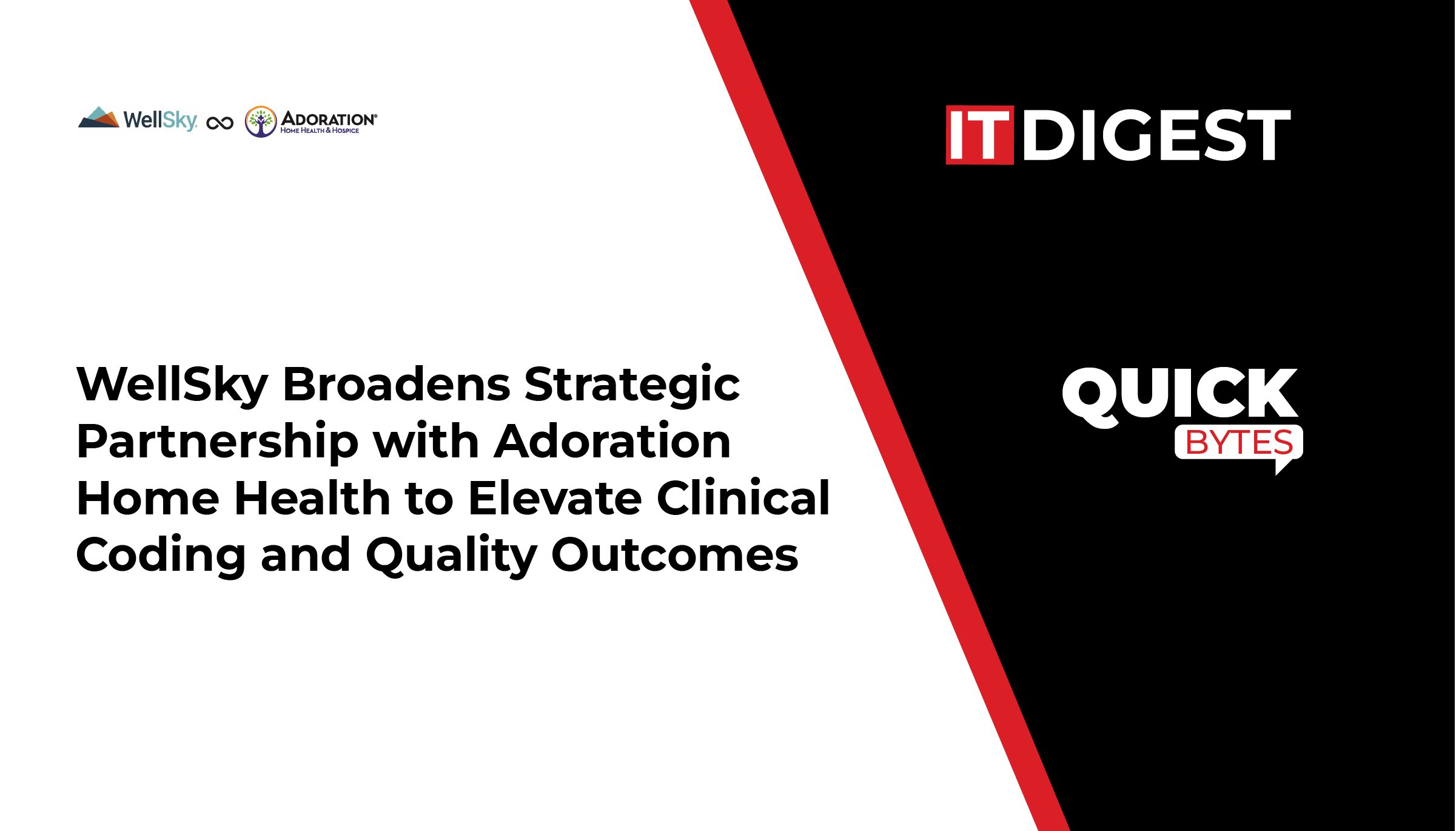Data governance and business intelligence (BI) are two essential components that propel efficient data management and use in enterprises. Data quality, regulatory compliance, efficiency, and trust in data management and analytics processes are all guaranteed by the data governance for business intelligence. About 68% of companies spend 30% of their budget on enhancing data governance frameworks.
BI tools can ensure that the data they get is accurate, consistent, and clean when they are integrated with data governance systems. Better decisions are made as a result of more reliable and accurate insights.
This blog highlights the importance of integrating data governance and business intelligence tools, while discussing the major factors to consider when opting for a solution.
What is Data Governance in Business Intelligence?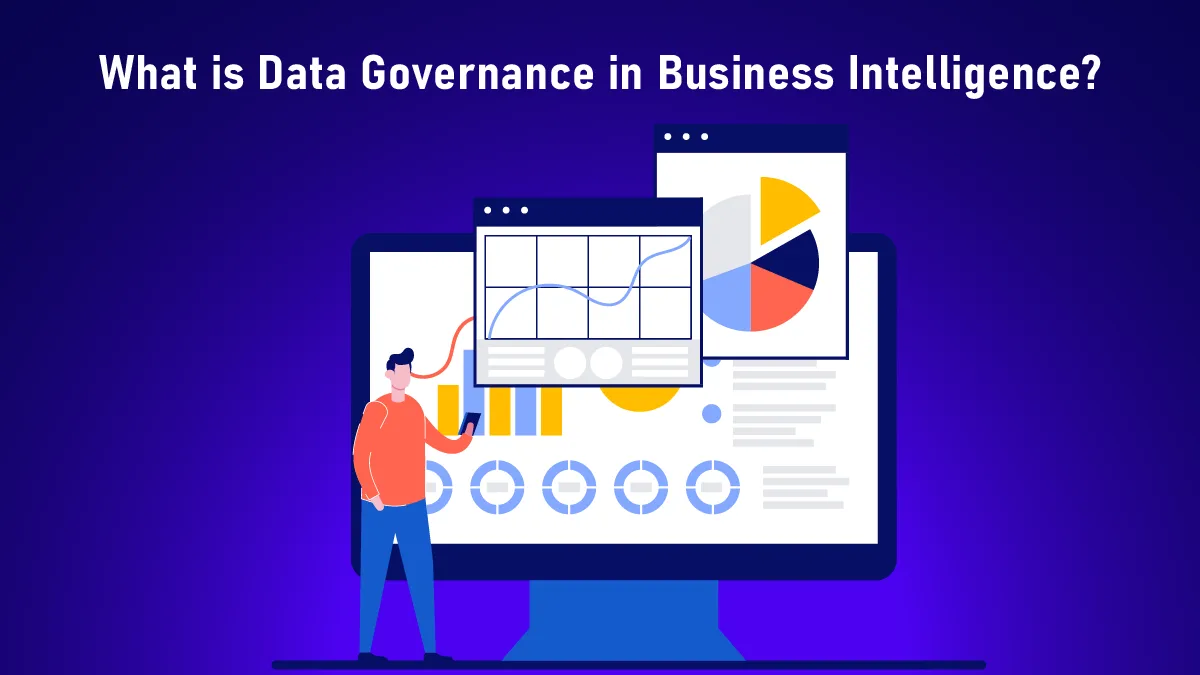
In business intelligence, data governance is the general control of the accessibility, usability, security, and integrity of the data used in an organization. Making sure the data is secure, dependable, consistent, and accessible is the aim of data governance. Because business intelligence (BI) mostly depends on the quality and context of the data, this becomes especially crucial.
Below are the key aspects of data governance and business intelligence:
● Availability
One of the most important aspects of data governance is making sure that data is accessible when needed. This entails putting strong data recovery and business continuity policies into place as well as managing and maintaining databases, servers, and other infrastructure.
● Usability
For data to be useful, it must be easily navigable and well-structured. This entails establishing precise data definitions, keeping up a business glossary, and efficiently handling information.
● Integrity
For business intelligence (BI) to make decisions effectively, data consistency and correctness must be guaranteed. This entails creating and implementing validation guidelines and criteria for data quality.
● Security
A crucial component of data governance is safeguarding information from illegal access and making sure that rules and laws are followed. This entails controlling access rights, securing private information, and establishing data privacy policies.
Also Read: Why Data Modernization Matters in a Digital-First World
Benefits of Integrating Data Governance and Business Intelligence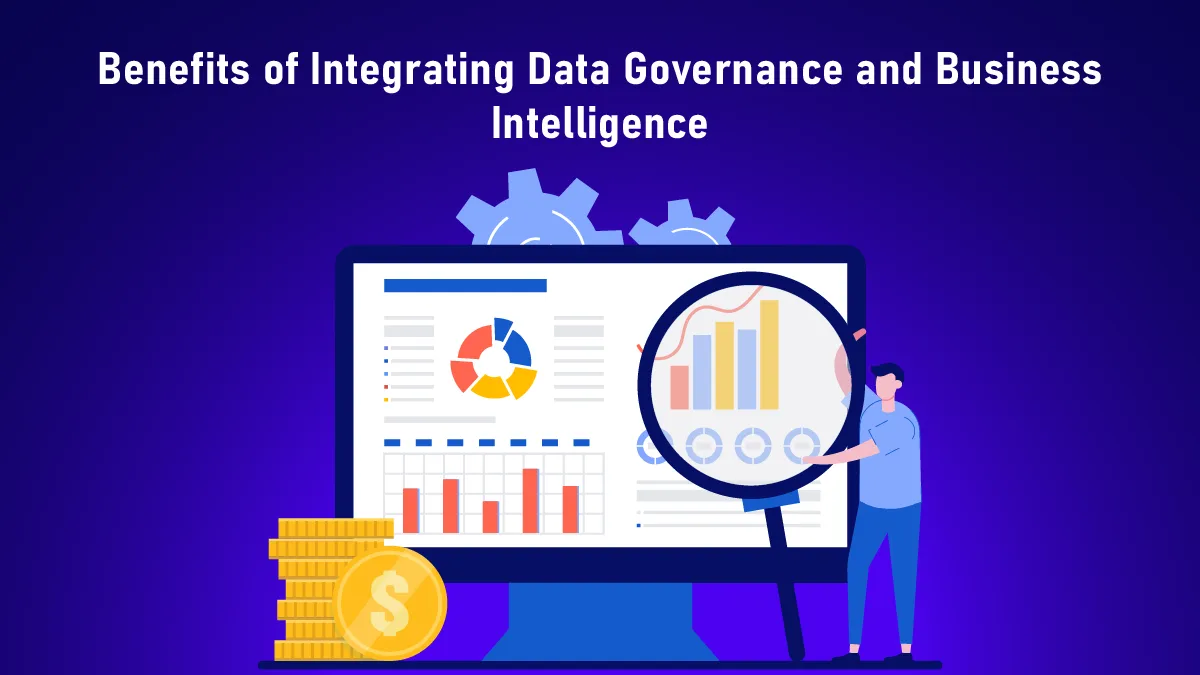
Here are some key benefits of integrating data governance with business intelligence tools.
- Better Data Quality: For increased accuracy and consistency, which are essential for efficient data-driven decision-making, data governance for business intelligence uses cleansing processes.
- Enhanced Data Security: By ensuring that only authorized individuals have access to sensitive data, a strong governance approach fortifies information security and guards against breaches.
- Regulatory Compliance: For businesses in the financial or governmental sectors, regulatory compliance is especially crucial, and it is made easier with a thorough data governance program.
- Encouraged collaboration: Teamwork and cooperation are improved when information is easily accessible through a centralized data warehouse acting as a single source of truth and a standard data language.
The Intersection of Data Governance and Business Intelligence
Because it places a high priority on data consistency and accuracy—two aspects that are essential to producing successful, actionable reports—data governance is an essential component of business intelligence. Your BI efforts will only be successful if the data you’re examining is of high quality. The outcomes will be worthless if the data is inaccurate or has been inadvertently altered by a single person. Alternatively, mistakes will go unnoticed, and staff members will act on false information.
You’ll frequently hear corporate executives and BI analysts remark, “Good data in, good data out,” but the opposite is also true, which is risky: poor data in leads to poor reports out.
By combining all data sources into a single, uniform format, data governance frameworks assist in producing a cohesive overview of information and a solid basis for reporting and analysis.
Additionally, these frameworks enhance data accessibility while maintaining strict security protocols, all to protect private data without interfering with access for critical users. 71% of companies say they have a data governance program in place as of 2024, compared to 60% in 2023.
What Role Does Data Governance Play in Business Intelligence?
Leveraging data governance and business intelligence technologies effectively and efficiently is essential for a number of reasons such as:
- Data quality
- Regulatory compliance
- Efficiency
- Trust
Let’s examine each of the aforementioned factors in more detail:
Data Quality
Data governance guarantees the accuracy and dependability of the data quality in business intelligence tools. This implies that there is a greater chance that the insights produced by these tools will be accurate, resulting in improved decision-making.
Adherence to regulations
Compliance with laws such as HIPAA is essential in the healthcare industry. Sensitive patient data can be managed and safeguarded with the use of data governance, which guarantees that it is utilized properly and maintained securely.
Effectiveness
Data governance can increase the effectiveness of your business intelligence procedures by efficiently managing data and minimizing redundancies. Faster insight generation and cost reductions may result from this.
Trust
Users might have more faith in the insights produced by BI tools when they have a solid understanding of the data they are working with.
All of these factors make sure that standardizing your data with data governance solutions is highly successful.
Summing it Up
In today’s data-driven world, the synergy between data governance and business intelligence is not just a strategic advantage—it’s a necessity. By implementing robust data governance practices, businesses can ensure their data is accurate, secure, and accessible, laying the groundwork for actionable insights through business intelligence tools.
The integration of these two domains empowers organizations to make informed decisions, maintain regulatory compliance, and drive innovation. It turns raw data into a strategic asset, fostering trust across teams and enhancing customer experiences.






























